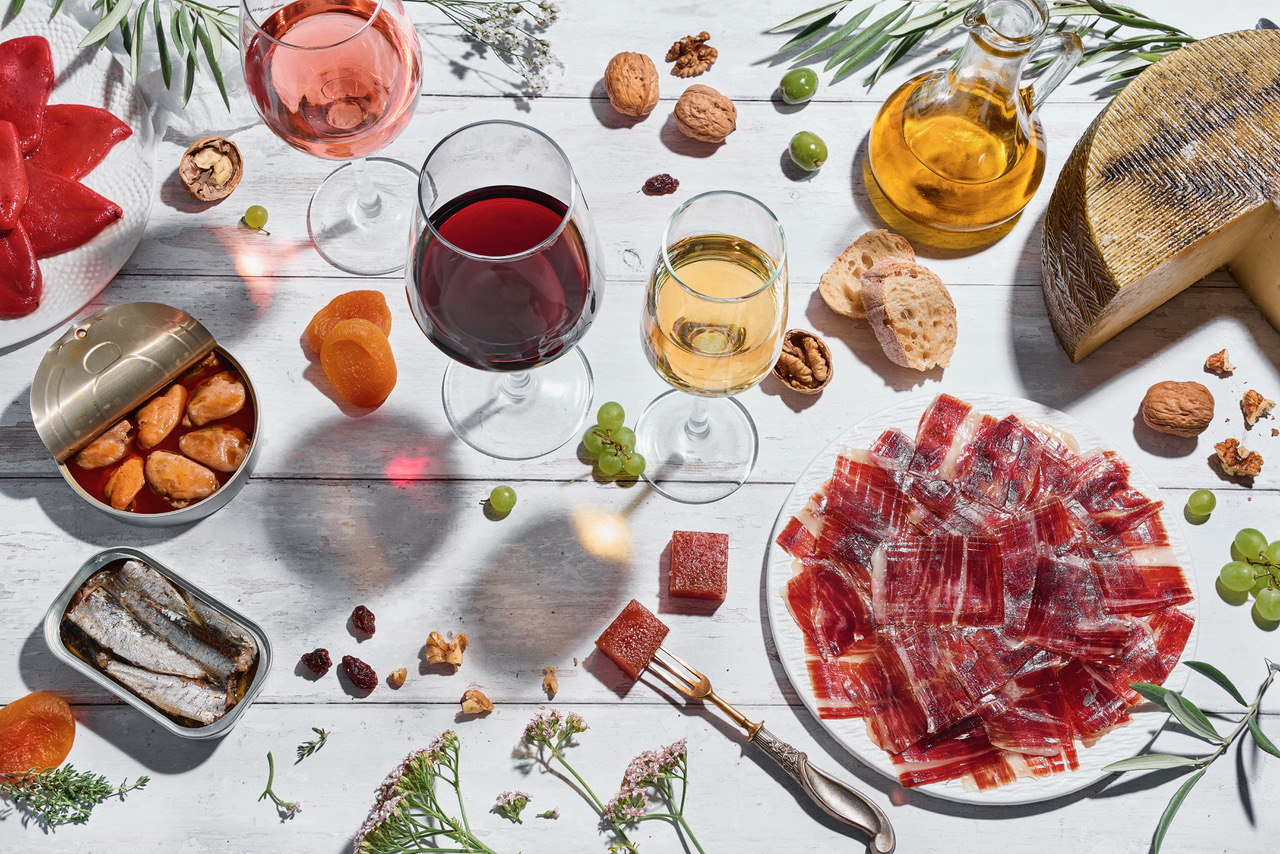Irish Pub Trade Goes Up In Smoke
“standfirst”>In the wake of Ireland’s smoking ban, beer sales have dropped and staff redundancies have grown. At least they’re drinking more wine at home, says Raymond Blake
IT IS now more than a year since the introduction of a comprehensive smoking ban in the workplace in Ireland. Amid an orgy of selfcongratulation among its proponents it was obvious that it had been a huge success and enjoyed a high level of backing from all sections of the populace. By making the ban outright, the authorities guaranteed its success, for it meant that the implementation and policing of it was easily achieved. Never had such a black-andwhite piece of legislation been introduced in Ireland.
But there has been criticism of the new law, and it is in the hospitality sector and the licensed drinks trade particularly that its effects have been most acutely felt. Prior to its introduction there were ritual howls of protest and dire warnings about vast numbers of redundancies from pubs, restaurants and hotels. If the predictions were to be believed, Ireland was about to be turned into a desolate land, bereft of places where public hospitality could be enjoyed. This has not happened but there is no doubt that publicans are hurting as drink sales fall and redundancies have to be implemented. Donall O’Keeffe, chief executive of the Licensed Vintners Association (LVA), the representative body for Dublin publicans, acknowledges that the ban is here to stay and says his organisation recognised as much in the months leading up to its introduction. From February 2004 they withdrew from any organised protests and sought instead to see how best they could preserve their business in the face of the ban.
Because many Dublin pubs are “land-locked” they have suffered more than their country cousins who were better able to make some outdoor provision for smokers by way of beer gardens and the like. Draught beer sales, the mainstay of the publicans’ business, are down 13% in Dublin, against 9% nationwide. An LVA members’ survey conducted by Behaviour and Attitudes Marketing Research found there had been about 2,000 redundancies in the past year. This figure splits roughly into one third full-time and two thirds part-time. O’Keeffe adds that these were “not aggressive redundancies”, with the part-timers being let go first, and then retirers who were not subsequently replaced. He also acknowledges that the fall in sales occasioned by the ban has simply accelerated an existing trend. Drink sales in Dublin pubs peaked in September 2000 and have been in slow decline since, falling at between 3% and 4% a year prior to the ban. The Vintners’ Federation of Ireland (VFI), which represents about 6,000 publicans nationwide, has adopted a more strident tone and is still calling for “the urgent introduction of some flexibility in the smoking ban legislation”, to allow for provision of designated, well ventilated smoking areas. According to the VFI, 200 businesses have been “wiped out” since the ban came into force and it is claimed that sales in some pubs have declined by as much as 25%. The VFI president, Seamus O’Donoghue, said in a recent statement, “We just want accommodation so that the hospitality industry can be hospitable.” Given the public’s overwhelming approval of the ban, it seems likely such calls for watering down the legislation will fall on deaf ears.
Other European countries now look to Ireland for their lead in the introduction of smoking legislation. Italy has passed slightly less restrictive legislation that requires a smoking space in a catering area to be less than 50% of the total. However, the installation of the required ventilation equipment has proved so costly that in practice many small establishments are now effectively non-smoking. Almost every other European country has introduced some restrictions on where their citizens may and may not smoke, from Norway, where a total ban will be worked towards over a period of years, to Malta, where ventilated smoking rooms, into which no employee is obliged to go, have to be provided. In South Africa smoking is banned in bars, restaurants and hotels except in strictly designated areas. This has led to an increase in the popularity of cigar bars where a wide range of Havanas are on offer along with Cognacs, Armagnacs and malt whiskies.
Aside from the pub trade in Ireland, hoteliers and restaurateurs have generally welcomed the ban. Peter McCann, general manager of Dublin’s Merrion hotel, expresses himself “absolutely delighted in every respect” with the ban. The damage to carpets and furniture caused by cigarette burns, especially after a busy weekend, is a thing of the past and there is now a greater “sense of wellbeing and improved atmosphere” around the public areas. While sales in the bar are down, he is happy to see that wine sales in the restaurant are up, and puts this apparent paradox down to the fact that people are now inclined to linger over another bottle of wine, where in the past they would have been driven away by somebody smoking at the next table. Stephane Robin, manager and part owner of Restaurant Patrick Guilbaud, is equally delighted with the ban, saying that redecoration costs have plummeted. That the ban has been a success is not in any doubt. It has caused some hardship in the licensed trade but it is important to see it in the context of changing lifestyles in Ireland. The make-up of drink sales has altered radically in the past decade or more. The one category to enjoy constant growth is wine and many pubs have failed to cater adequately for the wine drinker, being content to stock a dull range of quarter bottles and nothing else. Gone are the days when the men, who may never have touched a drop at home, went every evening to the pub for a few pints. They are now much more likely to share a bottle of wine at home. This trend looks set to continue. Pubs are going to have to fight hard to win and hold their customers – against a greater range of alternatives than ever before.
Partner Content
Insider Opinion
“My government will bring forward legislation in the key areas of public service delivery: education, health, welfare and crime … My government will continue to reform the National Health Service in a way that maintains its founding principles. Measures will be brought forward to introduce more choice and diversity in healthcare provision and to continue to improve the quality of health services and hospital hygiene. Legislation to restrict smoking in enclosed public places and workplaces will also be introduced.” Her Majesty The Queen
“The health and safety of our employees are of enormous importance to Coors Brewers; hence we do not allow smoking in any of our offices, warehouses or production facilities. We don’t own any pubs and the debate about smoking in public places is really more of an issue for companies that own pubs.
“However, pubs are a central part of British culture. We feel it is essential that any action on smoking in public places does not hasten the ongoing trend away from drinking in pubs to drinking at home. We are keen that people enjoy drinking beer in moderation as part of a healthy lifestyle. All the medical evidence shows that smoking is very detrimental to health and we would strongly advise all our employees, customers and drinkers not to smoke.” Paul Hegarty, external communication manager, Coors Brewers




